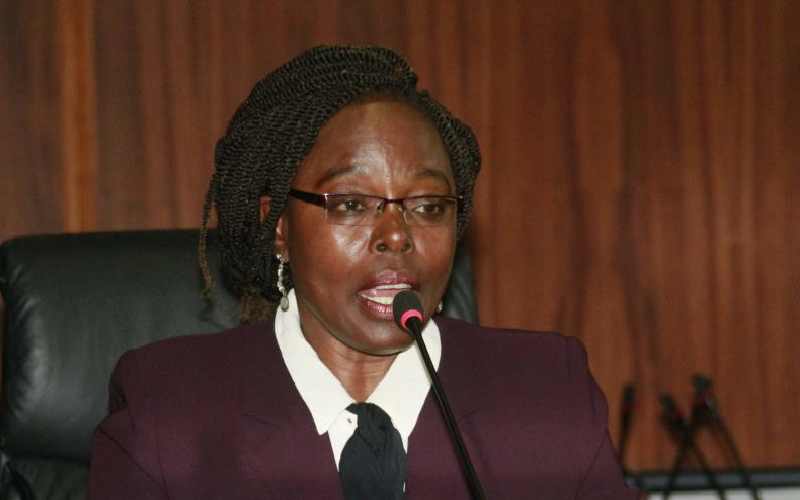×
The Standard e-Paper
Fearless, Trusted News

Public servants spent billions of shillings on foreign trips, entertainment and hotels at the height of the Covid-19, despite the key restrictive measures in place.
In foreign travel alone, public servants spent Sh1 billion in the six months to December 2020, when most of the countries had instituted lockdowns.